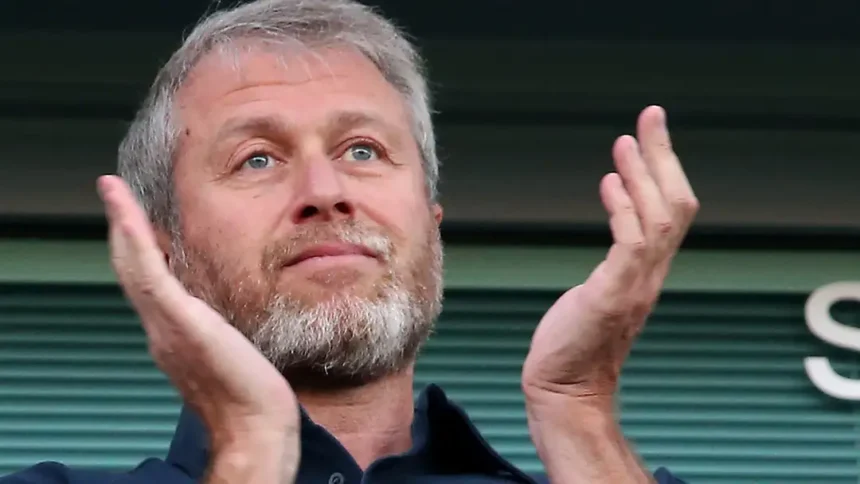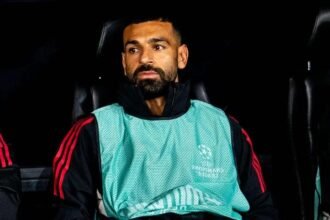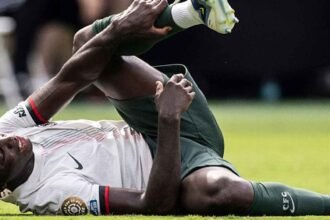Former Chelsea owner Roman Abramovich has failed in his latest bid to overturn European Union sanctions, with judges ruling restrictions on the Russian-Israeli oligarch remain “necessary and appropriate” due to his ties to Vladimir Putin. More than three years on, Abramovich is still unable to access his assets or travel freely, while the fallout from Chelsea’s £2.5bn sale lingers.
Roman Abramovich’s attempts to free himself from the shadow of EU sanctions have suffered another blow. The former Chelsea owner has lost his legal challenge at the bloc’s highest court, meaning the travel bans and asset freezes imposed since 2022 will remain in place.
What Happened?
The General Court of the European Union ruled on Wednesday that sanctions against Abramovich are both “necessary and appropriate,” rejecting his claims that he was unfairly targeted. The measures were introduced following Russia’s full-scale invasion of Ukraine, with Brussels citing Abramovich’s wealth, influence, and long-standing ties to President Vladimir Putin’s regime.
Despite Abramovich’s insistence that he has no close political links to the Kremlin, judges highlighted his significant role in steel and mining giant Evraz—an entity accused of generating major revenues that benefit Russia’s state coffers.
The Bigger Picture
Abramovich’s downfall has been dramatic, particularly in football circles. Once a towering figure at Stamford Bridge, where he bankrolled Chelsea’s golden era, he was forced to sell the club in 2022. The deal, worth £2.5 billion, remains contentious as Abramovich never received the proceeds, which were instead frozen as part of the sanctions framework.
His lawyers argued that the EU had used his fame as a convenient scapegoat, pointing to his global recognition through football ownership. They even sought damages for reputational harm. But the court dismissed all claims, standing firm that Abramovich’s fortune could not be separated from Russia’s political machine.
Did You Know?
Abramovich is one of the highest-profile figures to have been sanctioned in the wake of Russia’s invasion of Ukraine. Alongside other oligarchs, he was targeted as part of efforts to squeeze Moscow’s elite and apply economic pressure on Putin’s inner circle.
What Next?
Abramovich has also mounted challenges in the UK, hoping to clear his name and regain access to his assets. Yet so far, British and European judges alike have rejected his appeals. With the war in Ukraine grinding on, there appears to be little appetite in Brussels or London to lift sanctions on figures seen as close to Putin’s regime.











